PM's call at G7 Summit
The prime minister's call to the leaders of the wealthiest nations at the Outreach Meeting of the recently held G7 Summit in Japan to be more generous to less developed countries is substantive and timely. What the premier asked for is not loose change from their pockets but transfer of technology, expanded assistance in resource mobilisation and capacity building with a special focus on health, women empowerment and climate change—tenets that will determine our journey to become a middle income country by 2021.
Bangladesh needs less aid and more of all these things. Critics believe that aid actually hurts its recipients by nurturing dependency, strengthening inefficient governance and pushing up the value of currencies, thereby affecting the competitiveness of their exports. If aid really helped in the long term, they argue, the least developed countries would have become rich by now, which has not been the case. We, therefore, welcome Japan's renewed pledge of USD 6 billion to Bangladesh—bolstered by the PM's visit to the country in 2014—in the form of support to develop a knowledge-based economy, nano technology and blue economy.
It is true that many of the wealthiest countries are going through tough times themselves, prompting many of their citizens to wonder whether they are being over-generous to others. Leaders of these countries should convince their constituents that they have a moral duty to stand in solidarity with people in developing countries who face hardships, often caused by actions and decisions of rich countries themselves. The West should discern that the main threat to world peace is the growing inequality among nations.

 For all latest news, follow The Daily Star's Google News channel.
For all latest news, follow The Daily Star's Google News channel. 

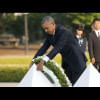
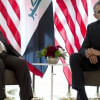
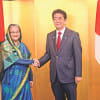
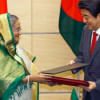

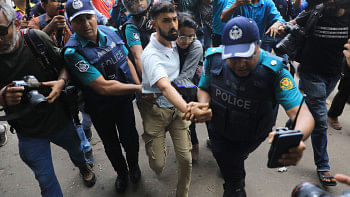
Comments